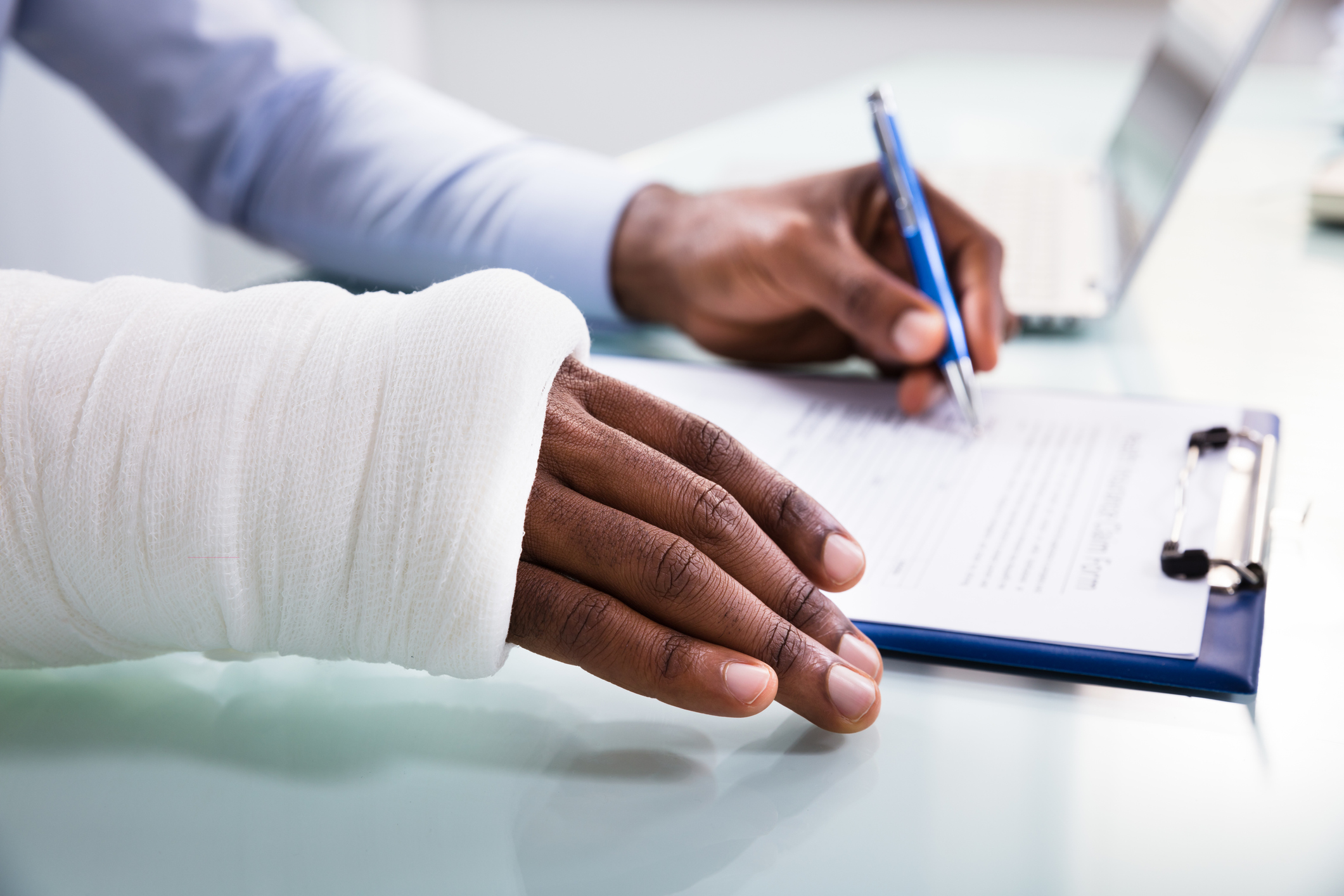
Suffering an injury due to someone else’s negligence can be physically, emotionally, and financially overwhelming. Filing a personal injury claim can help you seek compensation for medical bills, lost wages and the pain and suffering you’ve endured. Here’s a comprehensive guide to help you navigate the process of filing a personal injury claim.
Seek Medical Attention:
After the incident, seek immediate medical attention for your injuries. Not only is this crucial for your well-being, but medical records will also serve as essential evidence for your claim.
Document the Scene:
If possible, gather evidence from the scene of the incident. Take photos of the accident site, injuries, property damage and any contributing factors like hazardous conditions.
Gather Information:
Collect contact details of witnesses and parties involved in the incident.
Consult an Attorney:
Experienced attorneys can guide you through the complex legal process, ensuring that your rights are protected and that you pursue the compensation you deserve.
Evaluate Liability:
Your attorney will investigate the incident, gather evidence and assess liability. They will determine if the other party’s negligence or misconduct caused your injuries.
Document Damages:
Keep track of all your expenses related to the injury. This includes medical bills, prescription costs, therapy expenses, lost wages and any other financial losses you’ve incurred.
Negotiation:
Your attorney will likely enter into negotiations with the opposing party’s insurance company in hopes to reach a fair settlement. They will advocate for your best interests and strive to secure the compensation you deserve.
Filing the Lawsuit:
If the insurance company refuses to offer you a reasonable settlement, the next step is usually for your lawyer to file a lawsuit on your behalf. This initiates the legal process, which might involve written discovery, depositions, and other legal proceedings.
Litigation and Trial:
Personal injury cases rarely proceed to trial. However, if a settlement isn’t reached during the lawsuit, your attorney will represent you in court, presenting evidence and arguing your case before a judge and jury.
Verdict or Settlement:
Sometimes, even after the case is argued, settlement might be reached. However, usually, after presenting your case, you’ll receive a verdict from the jury.
Recovery:
Once your claim is resolved, you can focus on your recovery, using the compensation to cover medical expenses, lost wages and other damages.
Contact a Wisconsin Personal Injury Attorney
Filing a personal injury claim can be complex, but with Herrling Clark Law Firm by your side, you can navigate the process effectively. Remember that each case is unique, so working closely with your attorney will help tailor these steps to your specific situation, ensuring that you receive the compensation you deserve for your injuries and losses. For more information, visit HerrlingClark.com.


